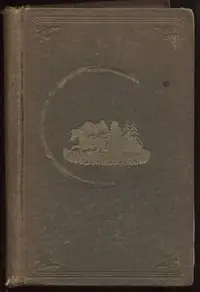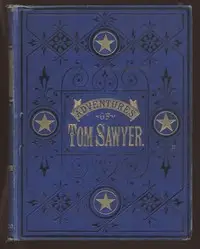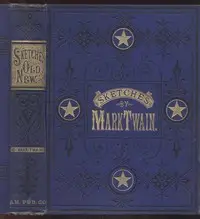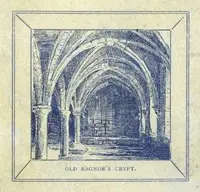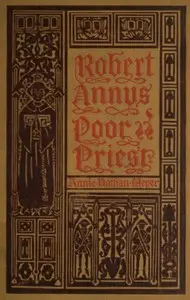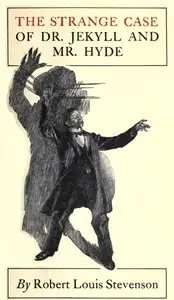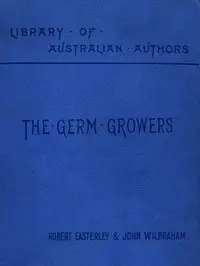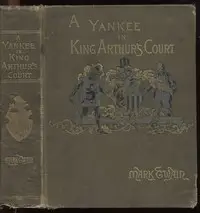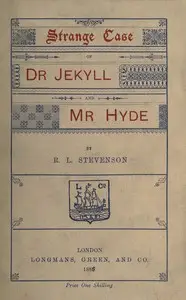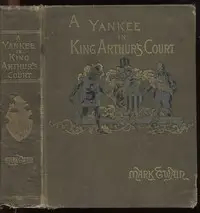"A Connecticut Yankee in King Arthur's Court, Part 4" by Mark Twain is a satirical novel written during the late 19th century. The story revolves around Hank Morgan, a 19th-century American who is mysteriously transported back to the time of King Arthur's court. As Hank navigates this medieval world, he employs his modern knowledge and wit to challenge the outdated practices and beliefs of the time, using humor and criticism to explore themes of progress and the absurdity of aristocracy. The opening of this portion presents Hank at a royal banquet, where he observes the decadence and barbarity of the nobility mingled with their fervent religiosity. Amidst a lavish meal marked by revelry and drunkenness, a shocking interruption occurs when an old woman curses the queen, leading to a chaotic scene as Hank maneuvers to prevent her execution. He then finds himself in a dungeon, confronting the reality of the painful injustices of medieval law as he interacts with prisoners who endure horrific treatment. This segment highlights both the absurdity of the courtly life and the brutal realities of the era, setting the tone for Hank’s ongoing efforts to improve the conditions of those oppressed by the feudal system. (This is an automatically generated summary.)
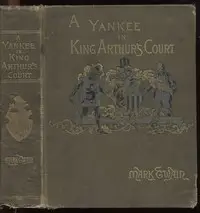
A Connecticut Yankee in King Arthur's Court, Part 4.
By Mark Twain
"A Connecticut Yankee in King Arthur's Court, Part 4" by Mark Twain is a satirical novel written during the late 19th century. The story revolves arou...
Samuel Langhorne Clemens, known by the pen name Mark Twain, was an American writer, humorist, and essayist. He was praised as the "greatest humorist the United States has produced," with William Faulkner calling him "the father of American literature." Twain's novels include The Adventures of Tom Sawyer (1876) and its sequel, Adventures of Huckleberry Finn (1884), with the latter often called the "Great American Novel." He also wrote A Connecticut Yankee in King Arthur's Court (1889) and Pudd'nhead Wilson (1894) and cowrote The Gilded Age: A Tale of Today (1873) with Charles Dudley Warner.

